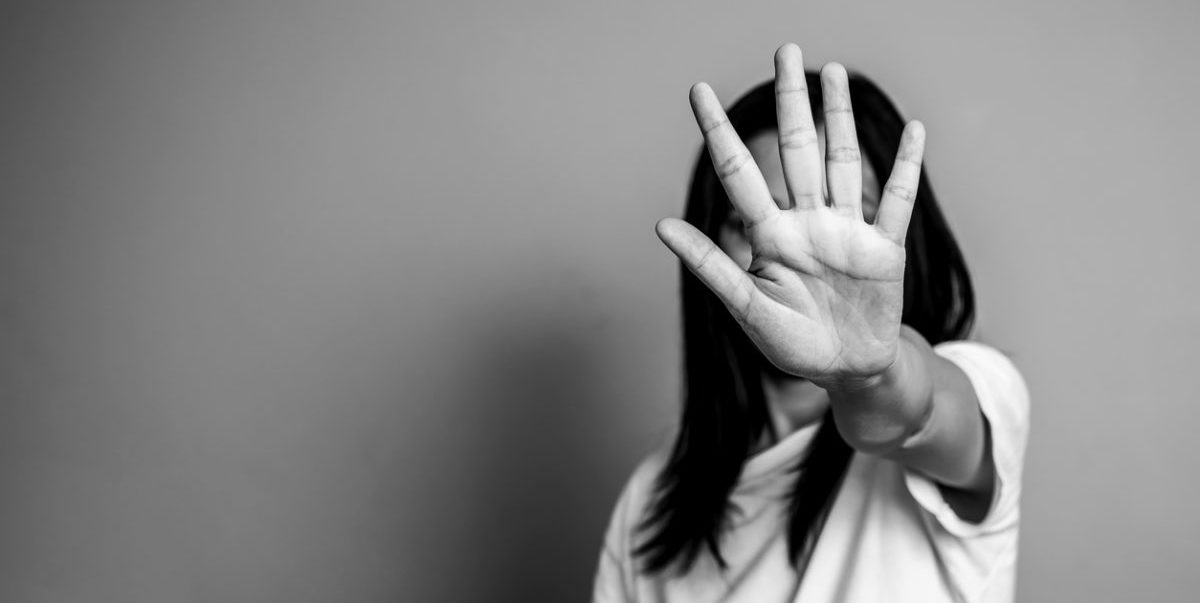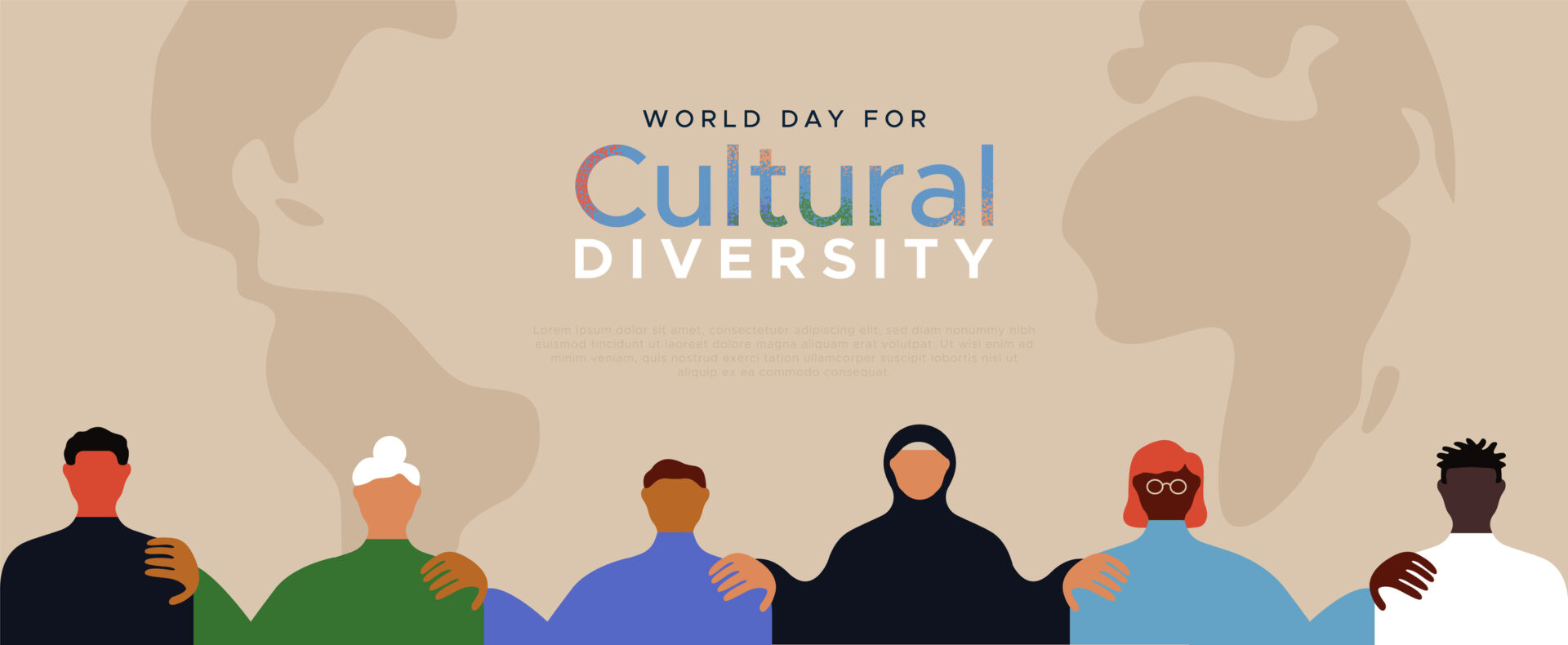America has a pattern of racial violence dating back to the founding of our country. This hateful behavior hasn’t gone away in the centuries that have followed.
A few recent, appalling examples include the U.S. Capitol insurrection in January 2021 that resulted in five deaths. There was the shooting at a Walmart in El Paso, Texas, that killed 22 people by a male who posted anti-immigration rhetoric online. The 2020 shooting of Breonna Taylor by a police officer. Most recently on March 16, 2021, when a 21-year-old male went on a shooting rampage, targeting three separate Asian-owned spas in the Atlanta area. Six of the eight people killed were women of Asian descent.
AMO condemns this violence; this hatred; this racism; this bigotry.
“This week, we saw a mass shooting that involved violence against Asian Americans. It’s deplorable and alarming. We at AMO condemn hatred against any groups and stand with the Asian American community,” says Kyle Swinsky, CEO, AMOpportunities.
Anti-Asian Racism and Violence
Since the start of the pandemic, which originated in Wuhan, China, anti-Asian hate crimes have increased, with more than 3,000 incidents reported; there has been a 900 percent increase in hate speech, and one in four Asian American youth have been bullied.
Why the sudden increase? Many people blame the Asian community for the pandemic—an accusation not rooted in any truth.
The motive of the Atlanta shootings is still unknown, but it’s clear that threats, violence, and harassment have created an environment of hatred and terror against Asian Americans.
As a result of the shooting, cities across the country have ramped up security efforts in Asian American neighborhoods. Even beforehand, citizens in Asian American neighborhoods started canvassing their communities, handing out fliers on how to report crimes to the police.
Six of the eight people killed in the Atlanta attack were women; of the more than 3,000 anti-Asian hate incidents, many were against women, which brings us to another group whose violence against them has likely risen as a result of COVID-19.
Violence Against Women
According to a recent report released from the World Health Organization, one in three women has experienced physical or sexual violence in their lifetime. The organization surveyed women and girls age 15 and above from 161 countries between 2000 and 2018. NPR writes that this data does not include figures from the pandemic. Since 2018, it’s likely that violence against women has increased as some are forced to remain at home with their abusers.
Think about that. Whether you know it or not, it’s likely that a woman you know has been physically or sexually assaulted.
With many institutions, corporations, media groups, and governments ignoring abuse claims and attempting to make them disappear, there is a legitimate fear in voicing acts of violence and abuse. Not to mention the victim blaming and shaming that occurs whether or not a woman is believed, coming forward can have devastating mental, social, and sometimes even physical effects.
Women clutch their car keys while walking in parking lots; they share their location with family and friends when they leave home; they carry pepper spray attempting to create some modicum of safety; their senses are heightened when alone in the dark; and they are victim to leering and jeering just walking down the street. Women have to protect themselves in ways men can’t even fathom.
What’s to Come
Despite the fear women carry and the voices that are silenced, there are glimmers of hope. The U.S. Congress is taking a step in the right direction by working to renew the lapsed Violence Against Women Act. This act provides funding to prevent and fight sexual assault, domestic violence, dating violence, and stalking, and to help victims. President Biden is championing this effort, which was introduced by Democratic Reps. Sheila Jackson Lee of Texas, House Judiciary Chair Jerry Nadler of New York, and Republican Rep. Brian Fitzpatrick of Pennsylvania.
On March 18, 2021, the U.S. House Judiciary panel held a hearing on the rise of racial violence and discrimination against Asian Americans during the pandemic. Both Asian American leaders and activists, as well as lawmakers Sen. Tammy Duckworth, D-Ill., (the first Thai American woman elected to Congress), Reps. Doris Matsui and Judy Chu of California, and Grace Meng of New York, testified before the House Panel.
We need to speak out. We need to take action. We need to support marginalized groups, and we need your help.
What Can You Do?
You can inspire real change through education, advocacy, and donations. Below are some resources to help you get started.
Advocate
Donate
Find Additional donation opportunities >






